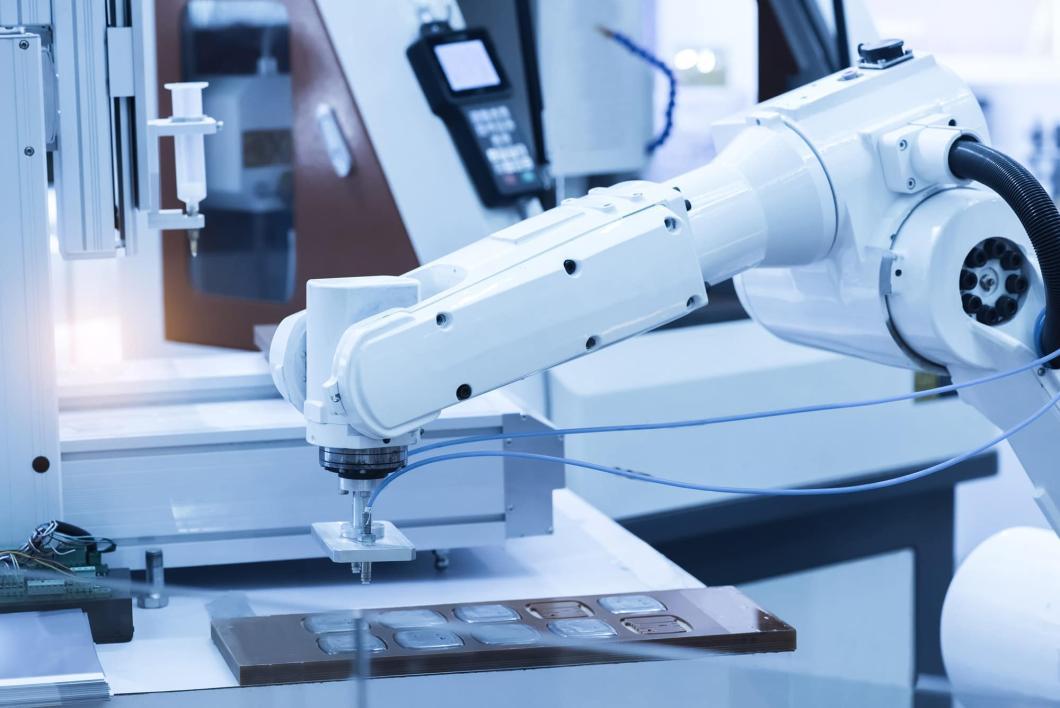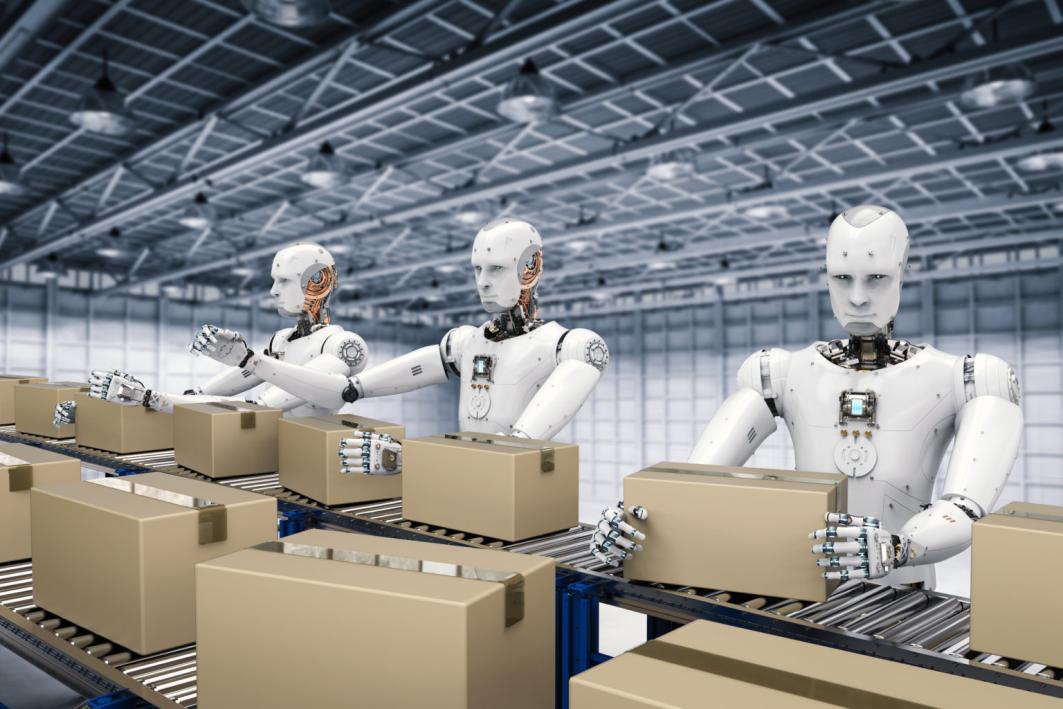How Can We Make Artificial Intelligence Robots More Human-Like?
Artificial intelligence (AI) robots have become increasingly sophisticated in recent years, performing tasks that were once thought to be impossible for machines. However, despite their impressive capabilities, AI robots still lack the human-like qualities that make us uniquely human. This article explores the significance of humanizing AI robots and presents strategies for achieving this goal, while also considering the ethical implications of creating such robots.

Understanding Human Characteristics
To humanize AI robots, it is essential to first understand the key characteristics that make us human. These characteristics include:
- Emotional intelligence: Empathy, compassion, and social awareness.
- Cognitive abilities: Problem-solving, decision-making, and creativity.
- Physical attributes: Appearance, gestures, and body language.
Strategies For Humanizing AI Robots
There are several strategies that can be employed to humanize AI robots. These strategies include:
Incorporate Emotional Intelligence
- Develop algorithms that enable AI robots to recognize and respond to human emotions.
- Program AI robots with emotional responses that align with social norms.
- Train AI robots to engage in empathetic conversations.
Enhance Cognitive Abilities
- Utilize machine learning to improve AI robots' problem-solving skills.
- Implement natural language processing to enable AI robots to understand and generate human language.
- Integrate creative algorithms to foster AI robots' ability to generate novel ideas.
Improve Physical Attributes
- Design AI robots with human-like appearances to foster familiarity.
- Program AI robots with natural gestures and body language to enhance communication.
- Develop AI robots with responsive physical interactions to create a sense of presence.
Ethical Considerations

The creation of human-like AI robots raises a number of ethical concerns, including:
- Privacy concerns: The potential for AI robots to collect and misuse personal data.
- Safety issues: Ensuring that AI robots are safe to interact with humans.
- Job displacement: The impact of AI robots on the job market.
Humanizing AI robots is a complex and challenging task, but it is one that is essential for the future of human-robot interaction. By incorporating emotional intelligence, enhancing cognitive abilities, and improving physical attributes, we can create AI robots that are more human-like and better able to interact with us in a natural and meaningful way. However, it is important to proceed with caution and carefully consider the ethical implications of creating such robots.
As research and development in the field of human-like AI robots continues, we can expect to see significant advancements in the coming years. These advancements have the potential to transform the way we live and work, and it is important to be prepared for the challenges and opportunities that they will bring.
YesNo

Leave a Reply